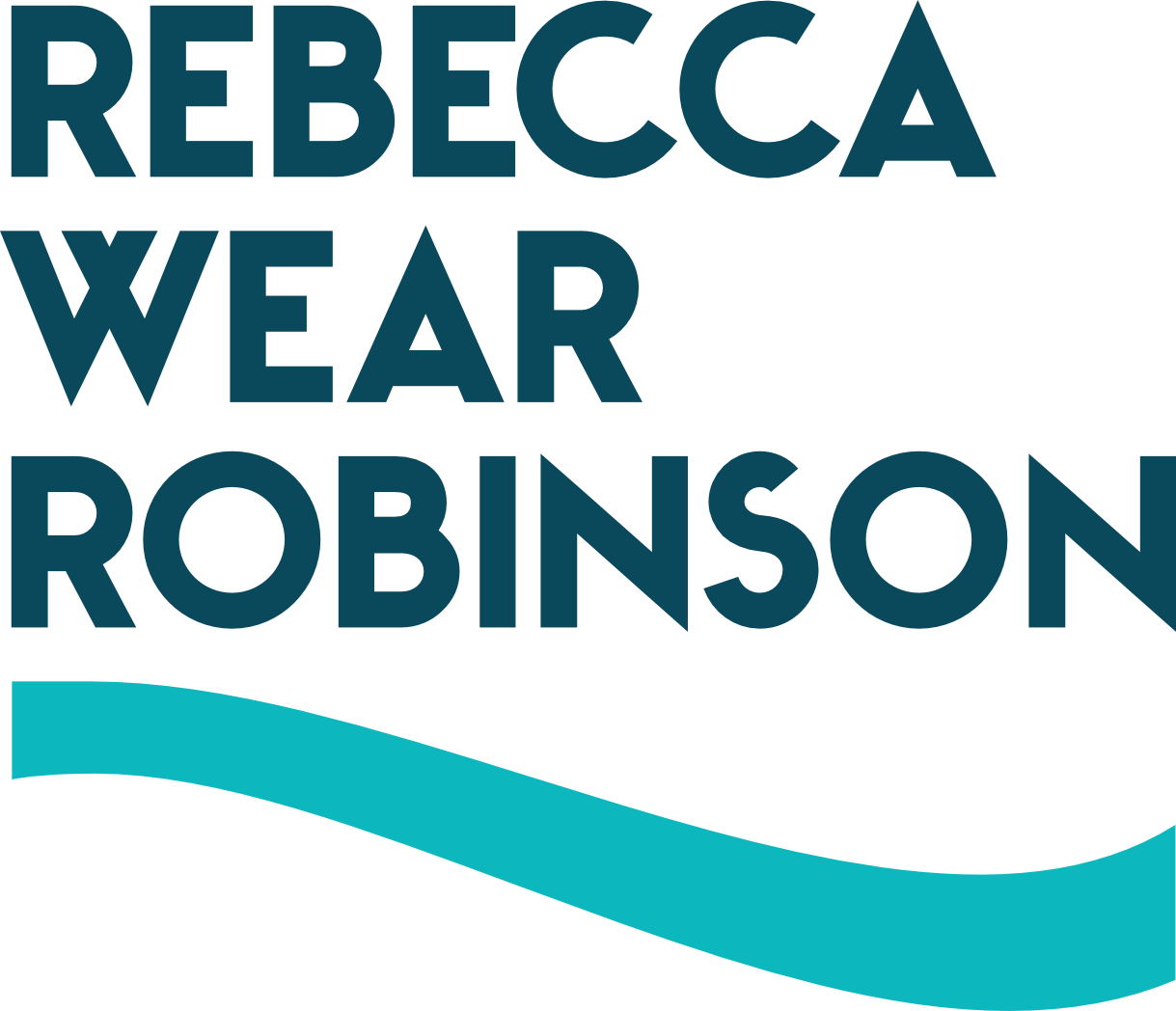Which Emotions Trigger Activism?
Tips for Developing activist strategies - learning from emotional engagement.
A recent Norwegian study on attitudes around climate change found that the link to activism was seven times stronger for anger than it was for hope. Fear and guilt were the best predictors of policy support, while sadness, fear, and hope were the best predictors of behavior change. Transitioning from anger to action required two parts anger for every one part action.
Translation: people have to be really uncomfortable before they act.
Deeply concerning to me, “on average, people reported having fairly mild feelings about the planet heating”.
Translation: most people aren’t uncomfortable enough about climate change to act.
Marketing is using principles in social psychology to change attitudes and behaviors. Marketing is all about hitting the balance. Evoke the strong emotions that trigger action and make the new action attainable and desirable, while not creating a sense of futility, where action seems pointless.
For activists, the value of research, like the Norwegian study, occurs when we treat scientific research as market research, not just an observation or something to be discussed at conferences or published in journals.
I’m not surprised at the study, because the issue just isn’t on the radar of most people I know, or it’s a nebulous big thing like funding the military, keeping the lights on, or delivering the mail- something that someone should be taking care of, somehow, but not something individuals need to worry about.
For activists, given the magnitude and urgency of the problem, and that 97% of actively publishing climate scientists agree that humans are causing global warming and climate change, my activist self feels as if our collective hair should be on fire to a degree that matches or surpasses the forest fires, typhoons, hurricanes, and heat waves we are experiencing. 54% of adults in the U.S. feel climate change is a threat, but it’s wildly split along partisan lines (78% Democrats, 23% Republicans) There are significant generational divides about the urgency of climate change. Gen Z is more worried, more angry, and from an activist standpoint, is already doing far more than other generations to demand action.
How to change behavior? Look at our marketing research:
We know that climate change is being caused by human behavior and is accelerating, according to 97% of climate scientists. Faith in scientists took a hit during the pandemic, but is still at 77% (fair amount) and 29% (a great deal). Far better than elected officials, with a 76% no confidence rating.
We know that most people don’t have strong emotions around the issue, but Democrats (44% of the population) and Gen Z (20.66% of the population) are more engaged, angry, and fearful about climate change.
We know what behaviors and policy changes make a difference (solar panel and not eating beef; recycling, not so much)
Develop a climate change marketing campaign that consistently references the 97% of currently publishing climate scientists who say that climate change is occurring and is caused by humans. Target Gen Z and Democrats with the messaging. Push the behavior change that actually works. Have them lobby for more wide-spread affordable solar power and the impact that eating a plant-based diet can have - make the change both personal and aspirational and broader. Tap into the fear, but focus on the hope for change when individuals work together.
Exceptions, challenges, and caveats:
Is this to say that other generations and political ideologies do not have responsibility and should be excluded? No. Definitely not. But adjust the marketing strategy by what appeals to each generation, who they trust, what actions they are equipped to take financially.
Ignore the nay-sayers in the short-term (72% of Republicans), although some studies show using words like ‘conservation’ and ‘national security’ can sway. Focus on those who you can influence to change their attitudes and behaviors.
Keep the tipping point in mind - 25% of the people are enough to start a permanent shift in policies and behaviors. (Caveat: 25% in social change tipping point is accepted point where social change has momentum to become entrenched, but that doesn’t take into account Congressional representatives bought and paid for by special interest groups. The conservative Fox News polled voters and found 87% want criminal background checks for gun buyers; 77% favor 30-day waiting period for gun purchases; 80% favor guns being taken away from people who are a danger to themselves and others, but the majority of Republicans in Congress will not act on the will of the people. Tipping point for policy change, whether gun control or climate change, has to include politicians willing to act, from both parties, not just citizens.)
Balance your messaging, encourage action because people are angry and afraid, while promoting hope. Without hope, comes a sense of doom.

